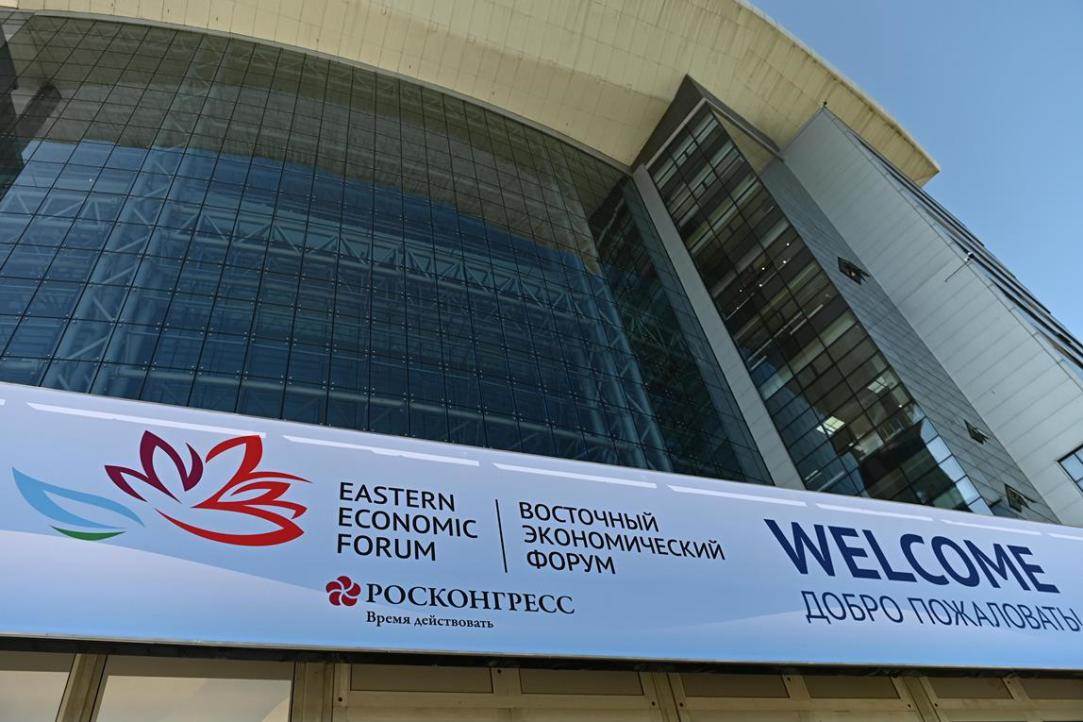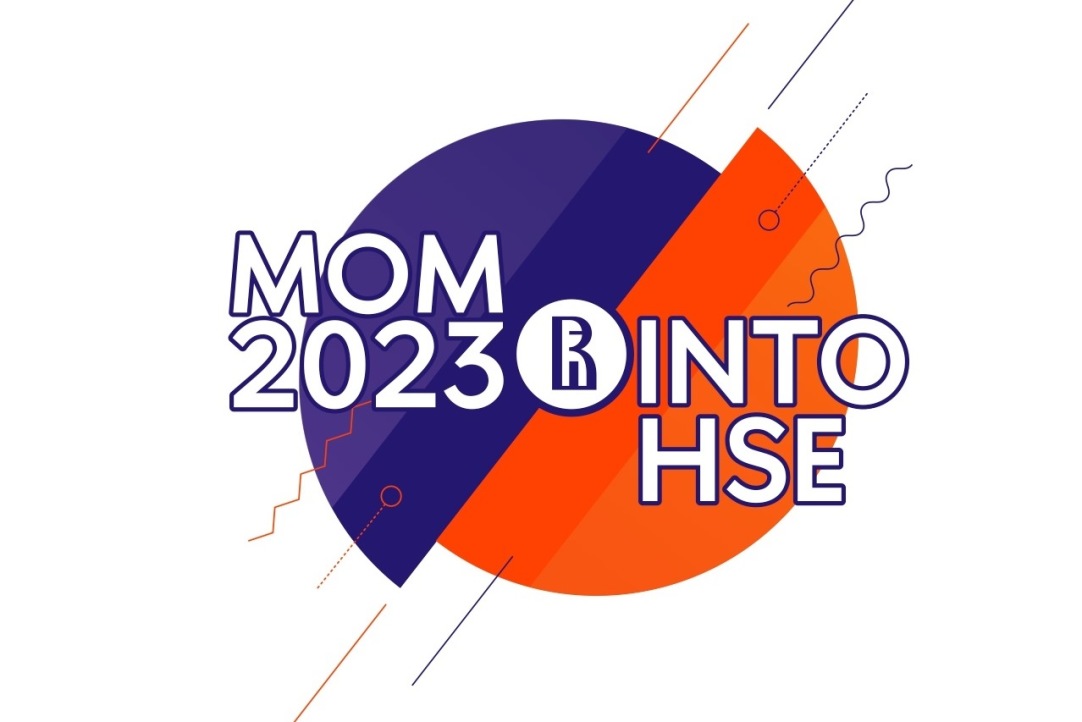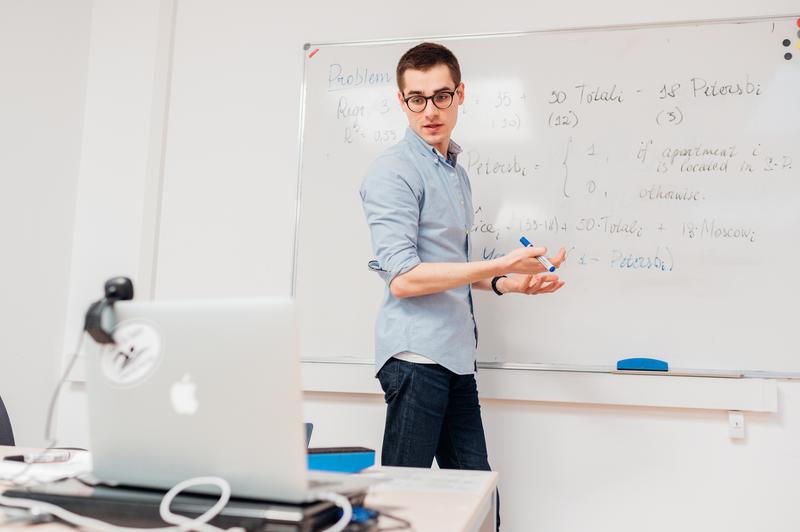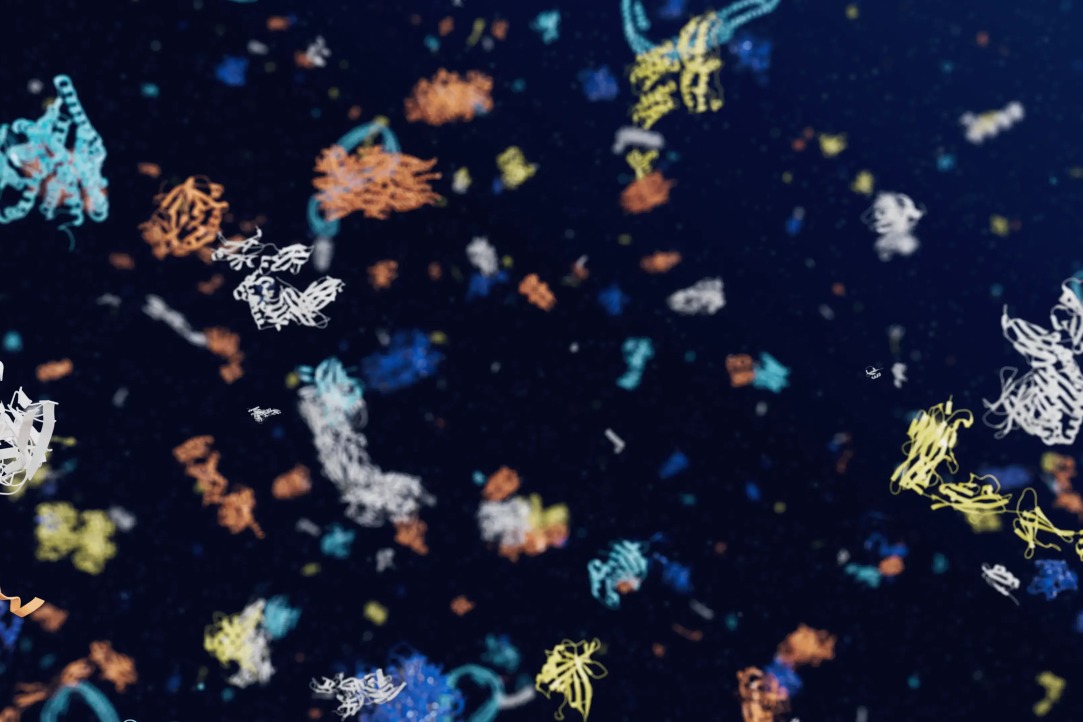‘We Managed to Bring Together Specialists in AI, Pure Mathematics, and Neurobiology’
In early September, the HSE University Faculty of Computer Science hosted the international conference Computer Methods of Cognitome Analysis. The event was organised by the International Laboratory of Algebraic Topology and Its Applications at the faculty.

Brain Found to Simultaneously Process Linguistic and Extralinguistic Information
An international team of scientists from the UK, Spain, Denmark and Russia (including researchers from the HSE Institute for Cognitive Neuroscience) conducted an experiment demonstrating that people automatically integrate extralinguistic information into grammatical processing during verbal communication. The study findings were published in the Scientific Reports Journal.

EEF-2022: Asian Countries in the Arctic Dialogue
The Eastern Economic Forum took place place in Vladivostok. The participants of the ‘Eastern Dimension of International Cooperation in the Arctic’ session stated that joint research will help to find mutual understanding between the circumpolar states and the countries of the Asia-Pacific region. HSE News Service covers some sessions in which experts from HSE University took part.

Applications for Competition of Innovations in Education Are Open
The HSE Institute of Education is the main organizer of the international Competition of Innovations in Education. In addition to the Russian track, the competition is also being held in Kazakhstan, as well as in Armenia and Georgia. Applications are open online until October 21st, 2022. The overall winner will receive an educational grant, while the category winners will receive prizes from our partner organisations.

Machine Learning Helps Improve Perovskite Solar Cells
A team of researchers from HSE MIEM, LPI RAS, and the University of Southern California have applied machine learning to the analysis of internal defects in perovskite solar cells and proposed ways to improve their energy efficiency. The findings of the study performed on the Cs2AgBiBr6 double perovskite can be used to develop more efficient and durable perovskite-based materials. The paper has been published in the Journal of Physical Chemistry Letters.

Scientists Learn to Better Predict Space Weather
An international team of astrophysicists has been studying the formation of strong electrostatic waves, ion holes, in the Earth's magnetotail and assessing their impact on space weather. They found that ion holes propagate oblique to the local magnetic field. The study's findings can contribute to a better understanding of processes in the Earth's magnetotail which affect space weather in the near-Earth plasma environment and the polar region. The paper is published in Geophysical Research Letters.

Registration Open for 2023 HSE International Olympiad
The HSE International Olympiad (HSE INTO) is one of HSE University’s largest international projects. Winners of the competition can receive full tuition wavers for their studies and study at HSE University for free. The registration deadline is September 30.

Why Volunteers Keep Coming Back
HSE University researchers together with colleagues from Erasmus University in Rotterdam and the University of Pennsylvania examined the determinants of episodic volunteer satisfaction and its impact on the motivation to continue volunteering.

Academics Started Working Even More During the Pandemic
Academics’ work week became even longer during the pandemic. This is true of researchers from different countries, independently of their gender and specialisation, an international research team with HSE University participation found. Their working time during the pandemic was 51 hours compared to the usual 40. The increased number of working hours per week seems to have become part of the new academic norm. The results of the study were published in the Plos One journal.

Scientists Doubt that DeepMind’s AI Is as Good for Fractional-Charge Systems as it Seems
In their paper published in Science in 2021, a DeepMind team showed how neural networks can be used to describe electron interactions in chemical systems more accurately than existing methods. A team of researchers from Skoltech, the Zelinsky Institute of Organic Chemistry, HSE University, Yandex, and Kyungpook National University show in their comment in Science that DeepMind AI’s ability to generalise the behaviour of such systems does not follow from the published results and requires revisiting, the Skoltech website says.


Deadline for applications to present academic reports - January 20, 2025